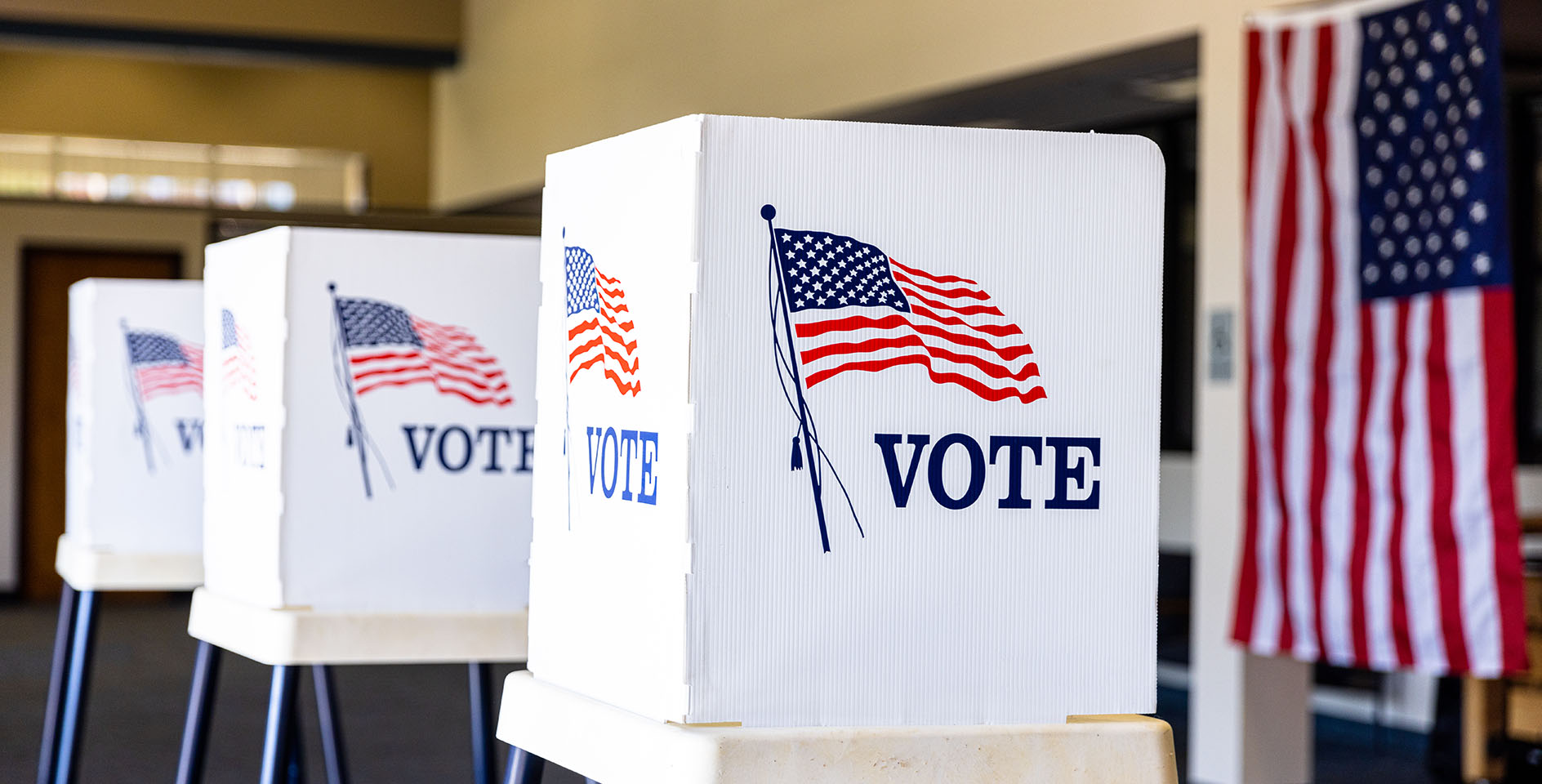It can be overwhelming to step into the voting booth. Immediately you realize that you are voting on much more than you anticipated. On March 1, known as Super Tuesday, voters will have the opportunity to choose their candidate for the Republican or Democratic nomination. Decades have passed since either party has had a contested convention (1960 for Democrats and 1976 for Republicans). But as we get closer to Super Tuesday, discussions of a contested or deadlocked convention this election cycle have become more common, particularly among Republicans, as there is a possibility that no candidate may earn 1,237 delegates required to win a majority and with it the nomination.
What this means is that more attention is being paid to the significance of delegates, and rightly so. What some voters don’t realize before arriving at their polling place, though, is that they will be given the opportunity to vote not only for their preferred presidential candidate, but also delegates at the respective national conventions. And in the case of a brokered or contested convention, delegates become very important.
Here are a few things that you should know about delegates. I’ll focus on below on the GOP delegates, since Republicans are the more likely party to have a contested convention.
1. What is a delegate?
Delegates are those individuals chosen by each state to represent their respective party at their conventions. The selection process varies from state to state, depending on how each state’s party has the selection process drawn up.
2. The delegates you select could impact who the eventual nominee is.
If Republicans enter their convention with no clear-cut nominee, meaning no candidate has garnered the majority number of delegates required to win the nomination, then the delegates sent to the convention could very well decide the nominee for the Republican Party (not the GOP primary voters). This is what would be called a contested convention.
3. What is a contested convention?
In this situation, there would be multiple ballot processes. In most states, delegates must vote for the candidate to whom they are bound on the first ballot, which is determined by the results of their state's primary or caucus. Most states release their delegates if the first ballot does not produce a candidate with a majority of votes (though Tennessee binds their delegates for the first two rounds). When delegates are released, this means they are free to vote for another candidate on subsequent rounds of balloting. So, for instance, if there are Tennessee delegates for Ted Cruz, they would be required to vote for Cruz the first two rounds, but if neither ballot produces a majority thereafter, they would be released and could vote for someone else. In the case of a contested convention, balloting continues until a candidate receives the 1,237 delegates required to win the nomination.
4. Vote for the delegates who are pledged to your choice for the nomination.
When you enter the voting booth, you will first see the candidates listed, one of whom you may vote for. After this, you'll see delegates listed (broken down alphabetically by the candidate to whom they are pledged). You will have the opportunity to vote for 14 delegates (statewide), then three more delegates within your respective congressional district.
This process varies by state. Our organization has offices in Tennessee and Washington, D.C., so I’ve written this article mostly from the context of the specifics of Tennessee. But regardless of where you live, delegates are important, so be sure to research the delegate selection process for your state prior to voting. You’ll avoid that all-too-familiar feeling of being overwhelmed in the voting booth.










